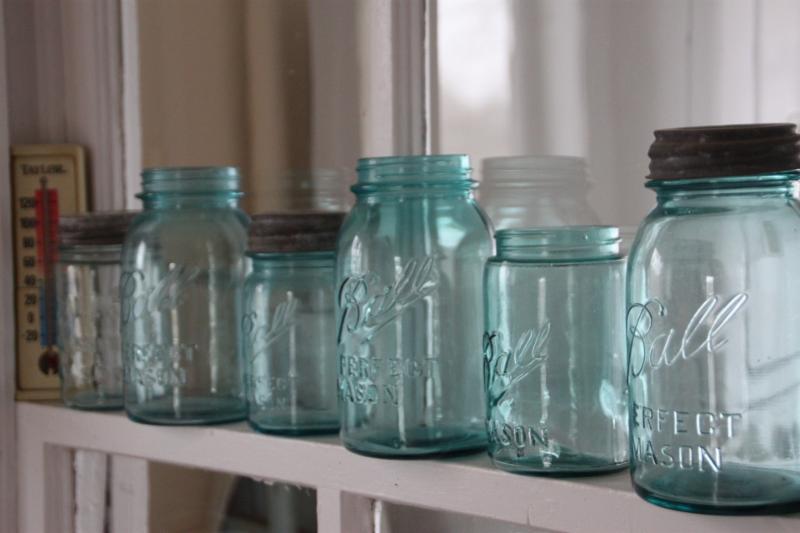Parent shares takeaway from "The Self-Driven Child"
 |
William Stixrud, Teresa Johnson
and Ned Johnson |
On Nov. 14, the Glenbard Parent Series hosted two events with Ned Johnson and Dr. William Stixrud, authors of "The Self-Driven Child: The Science and Sense of Giving Your Kids More Confidence, Purpose and Control." Glenbard South parent Teresa Johnson shared the following takeaway: "Children need to have a sense of autonomy/ control over their lives. Help your child with informed decision making in the teen years - become a consultant. Ask, "Could I offer up some advice?" Don't work harder than your student; have them own their problems or it may weaken them. Tell them, "I love you too much to bug you about your homework". Do not do for your child what they can do for themselves. Kids need sleep, down time and consider mindfulness as a way to deal with stress. Let children experiment with failure in your safe space at home to handle future situations. Try to create a low stress home and model media management."
Resources
NPR interview with Dr. William Stixrud
HERE
William Stixrud and Ned Johnson discuss their book, "The Self-Driven Child, at Politics and Prose (Video) HERE
The Art of Manliness Podcast #416: The Self-Driven Child
HERE
Self-Driven: The Science and Sense of Giving Your Kids More Confidence, Purpose and Control
Presented by: Ned Johnson and Dr. William Stixrud
Wednesday, Nov. 14 12pm Marquardt District 15 Administration Center
---------------------------------------------------------------------------------------------------------------------
The secret to student success, intrinsic motivation and well-being will be presented by teen motivational coach and test-prep expert Ned Johnson and his co -author clinical neuropsychologist Dr. William Stixrud. In this groundbreaking presentation, parents will learn compassionate, concrete solutions to deal with competitive academics, extracurriculars, and feelings of hopelessness. Educators will learn how to best instill joy in their students and the skills of self- direction. We will discuss social media, review today's common stressors, and learn simple strategies that move children of all ages from powerlessness to purpose so they can be ready to take on new challenges on the real road to success.
----------------------------------------------------------------------------------------------------------------------
Epidemic of anxiety and depression in young people; motivational disorders; some are obsessively driven, also (not a healthy motivation); while other students think, “what’s the point of trying?”.
Young people in the early 2000’s were five times more likely to report symptoms of anxiety and depression than those during the Great Depression. 30% of girls diagnosed with anxiety disorder; 20% of boys.
2012-2017 dramatic spike in anxiety and unhappiness. Connected electronically ALL of the time, but have never felt MORE alone and separated than they do now.
If you have a SENSE of control over your life, you are LESS likely to be stressed. This is the key to resilience. In order to be self-driven, you have to have ownership that this is MY LIFE. Promoting autonomy helps with being less stressed.
If you are anxious or depressed, you feel like you have no control = stress. Stress takes over the prefrontal cortex of your brain and because of this, you are operating on basic instincts of survival instead.
Self-Determination Theory: it is a model of intrinsic motivation. Some students think that four years of high school is an audition for college … when it is more healthy to think of it as a period of self-development and learning which LEADS into college.
According to Self-Determination Theory, In order to have intrinsic motivation, students need three things:
Sense of Competency - Can they do it?
Relatedness - e.g. liking the teacher may help with students liking the subject
Autonomy - the idea that kids have a sense of control and they can direct their lives. Most important piece! This is what you want to support THE MOST.
When people are highly engaged in something, it’s high challenge but low threat. It’s called a Flow State. “I’m doing this because it’s really cool, not because it’s for a grade.” It’s high energy, high focus, high engagement, high determination … and LOW STRESS.
Kids NEED to have an accurate model of WHO is responsible for WHAT. Who is most upset that you missed an assignment (to the student): 1) Mom, 2) Dad, 3) Teacher, 4) Therapist/Tutor? … the student doesn’t even put themselves on this list.
“I love you too much to fight with you about your homework” - idea that you can be the HW consultant, but that you are not going to force a kid to do it (because you cannot force a student to do his/her homework). You will WEAKEN a child/student if you take this job away from him/her. It is the student’s JOB to do the work.
Don’t work harder to help your students more than they work to solve their problems. Offer help or advice, but don’t force them. Look for buy in, such as: “Is that something you’d like advice on?” or “Is that something I can help you with?” or “May I offer you some advice?” If they say no, just say, “Oh, okay. Let me know when you do.” This gives them some sense of control which is necessary to be less stressed and more receptive.
Brains develop in the way that they’re used. If a teacher/parent always does things for a child/student, the child/student never will be comfortable navigating these things on his/her own. It is a COLOSSAL mistake to do things for a child that the child can do for themselves.
What makes someone resilient in a stressful situation is when the person is able to deal with the stressful situation on his/her own. This also develops confidence and self-competency.
Say: “I have confidence in your ability to make decisions about your own life and make your own mistakes.”
Things work better when the people in charge are not stressed, anxious, or reacting emotionally. There must be a non-anxious presence. If a parent is stressed = the child is more likely to run away from the parent than seek comfort/nurturing which will result in better performance.
Really anxious parents have a hard time letting their kids be autonomous.
Students do not have any down-time considering they are surrounded by social media and the buzz of the internet/Instagram/SnapChat, etc. They need radical down-time: when it looks like you’re doing nothing, but you’re actually doing something, such as daydreaming, meditation, and sleep. Kids need more down-time and boredom. This helps students be LESS STRESSED, believe it or not.
Students (and adults) need MORE SLEEP. Sleep deprivation weakens the connection between your prefrontal cortex and your amygdala (your stress response) … you feel more people are “out to get you” if you are not regulated by your brain correctly. Rest is the basis for all activity. The world is less scary if you are well-rested. Performance is always higher with rest. Hand cell phone/smartphone to parent by 8-9pm every night … cell phones should not SLEEP in the room with children (or even as an adult). Buy kids an alarm clock instead!
Cell phone interruptions DOUBLE errors in tests/assignments.
Kids need to run their own lives in every way possible as long as they are safe.
CHORES: Parents should say- “What are some things that mom and I should pay for, and what are some things that you should earn?” Discuss that kids are part of the house, too, and need to do their part. “What things do you think you should be responsible for?” Have Senior students take over the last 6 months of high school and operate on their own (do their own laundry, make their own appointments, maybe cook a few meals by themselves, wake up and go to sleep on their own … kind of like a dry-run of what college will be like).

















